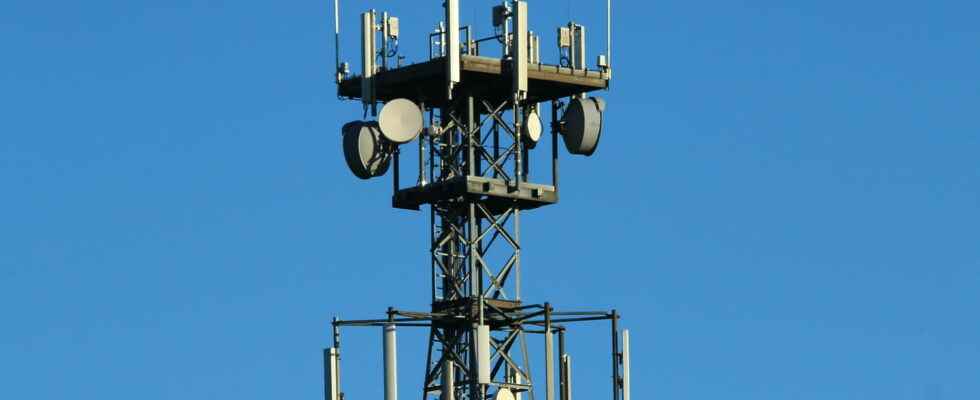The Government is seeking to modernize the communication network intended for the security and emergency forces, which is completely obsolete. The operators Orange and Bouygues Telecom were chosen to take part in the operation.
Today, security and rescue actors – police, gendarmes, firefighters, SAMU, soldiers, etc. – use radio equipment designed in the 1980s and 1990s to communicate, which operates via the ANTARES network (National adaptation of transmissions to risks and relief), using private frequencies allocated to the Ministry of the Interior and the Ministry armies. In fact, they use several types of equipment – which in itself is not very practical: radios for operational communications operate in a limited geographical area and smartphones for calls and data exchanges – emails, SMS, MMS, etc. – which can be used throughout the national and international territory. Other problems: they are not interoperable and are not suitable for transmitting large amounts of data or images in real time, since ANTARES is based on 2G – the speed is therefore very slow. In addition, it sometimes happens that the lines are saturated, especially in the Paris region. In short, the network is now completely obsolete.
This is why, on October 13, 2022, the Ministry of the Interior announced in a press release the official launch of the Radio Network of the Future (RRF) project, which aims to modernize the communication system of security and emergency services based on 4G and 5G. This is particularly necessary in the event of a crisis situation, when operations are carried out on a large scale and the coordination of services at all levels is a key issue. Of course, the RRF must be ultra-secure. The Government will therefore invest 700 million euros in this project, in order to make France a central player in the strategic field of critical radiocommunications on a global scale, in particular with the arrival of the 2024 Olympic Games. players have been selected to participate, including the operators Orange and Bouygues Telecom.
RRF: a project to replace the old ANTARES network
Launched in 2017, the RRF project is intended for all security and emergency forces in the field. It must allow them to communicate instantly, and via a single device, with each other – the famous interoperability which is currently lacking –, including by new means: video calls, live position sharing, heavy document sharing in real time – results of medical examinations for example –, etc. To achieve such a result, the RRF will be based on a hybrid infrastructure, which mixes the commercial infrastructures of mobile operators – which cover a major part of France with 4G and increasingly 5G – and frequencies exclusive to the Ministry of the Interior, who have priority access.
The RRF project suddenly accelerated in 2021, following a call for tenders launched by the Government. The companies Airbus and Capgemini obtain an envelope of 540 million euros in order to take care of the architecture and the integration of the network. To do this, Airbus will rely on several partners such as Streamwide, Samsung, Prescom or Econocom and Capgemini will join forces with Ericsson and Dell Technologies. The design, delivery of the information system and its management are left to Atos, with an envelope of 43 million euros. Operators Orange and Bouygues Telecom will take care of the overall management of the network.
It is no coincidence that these two operators were chosen to take care of the RRF. Indeed, the Regulatory Authority for Electronic Communications, Posts and Press Distribution (Arcep) has designated them as the two best operators in France – a first place that Orange has kept for the second consecutive year! They have nineteen months to test a first version of the RRF, a network that should be fully operational in 2024, exactly in time for the Olympic Games. Orange will offer the mobile connectivity of its network to the RRF, allowing all users to communicate to perform their daily tasks. As for Bouygues Telecom, it will develop “new functionalities based on prioritization and preemption mechanisms for RRF users”.
The two mobile operators are very proud to have been chosen. In a press release, Benoît Torloting, the general manager of Bouygues Telecom, expresses the joy of the company to be able “contribute to this project to the fundamental challenges of modernizing the means of communication for the security and emergency forces of our country“, while Nadine Foulon-Belkacémi, Executive Vice-President at Orange Business Services, highlights their commitment, their skills and their knowledge of the field to “offer a sovereign and innovative solution”. The construction of the RRF has already started and a first version should be tested in 2023.
